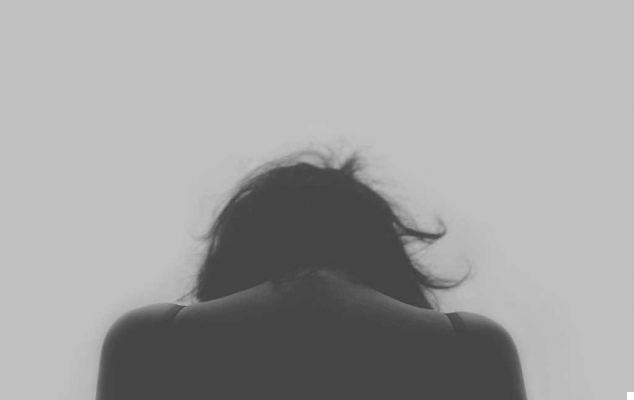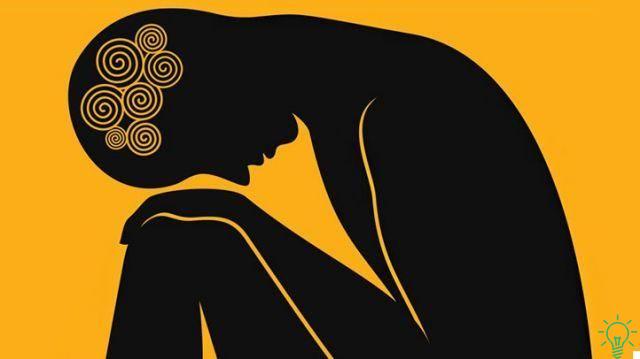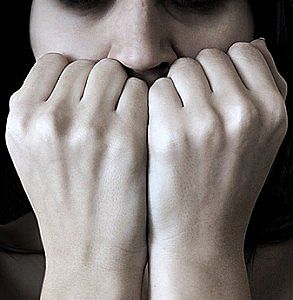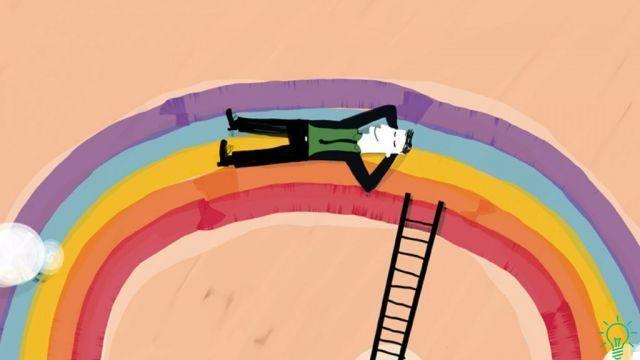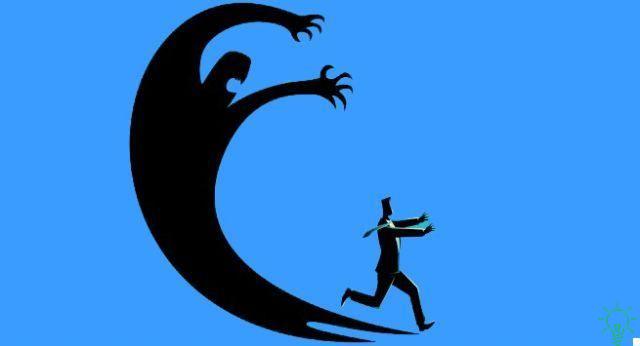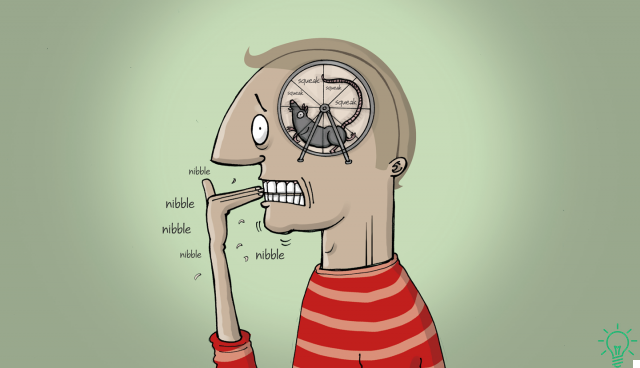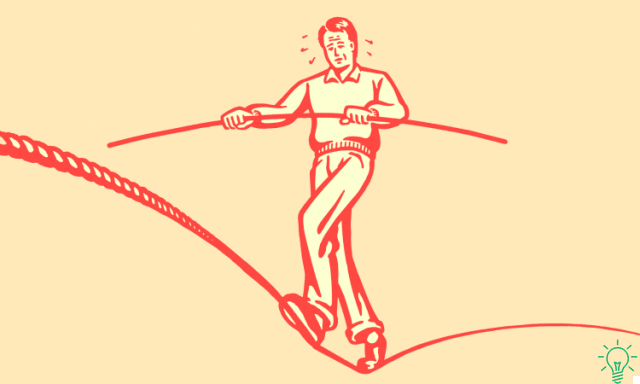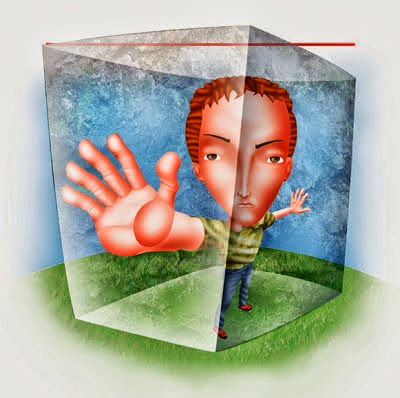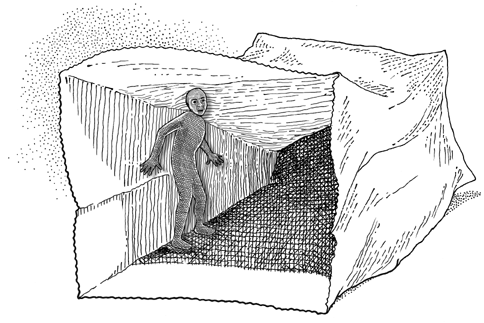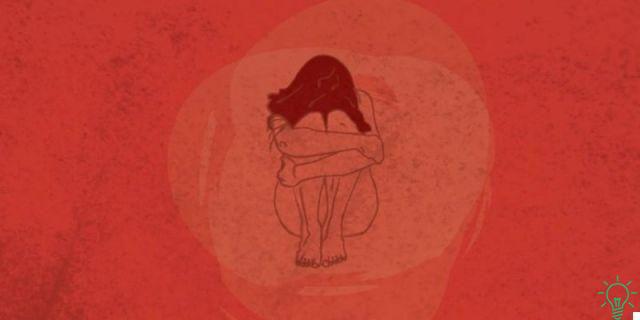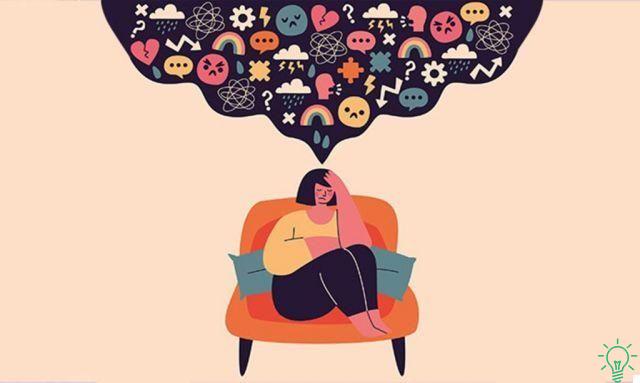
“I have anxiety every day. I can't concentrate. I can not sleep. I always believe that something terrible is about to happen ”, is the testimony of a person suffering from anxiety, but his words reflect the reality that millions of people all over the world live. In fact, it is estimated that about 5% of people suffer from generalized anxiety, although more than 10% suffer from specific phobias and about 3,5% suffer from panic attacks.
How does anxiety start?
The first symptoms of anxiety are usually mild and often go unnoticed. The person begins to feel more irritable and worried than usual. He has trouble sleeping. Anguish and fear keep her awake until her eyes close from exhaustion.
Some physical symptoms also appear during this time, such as muscle tension, emotional headache, difficulty swallowing, dizziness, or even an unpleasant mental fog. Recurring thoughts also begin to appear, generally catastrophic in content, which predict the worst possible scenarios.
However, most people don't tend to care about these anxiety symptoms. They think they will go away on their own or that they are a temporary condition due to a particularly stressful time in life. In some cases, the culmination of these symptoms is usually the panic attack.
For many people, the panic attack is the alarm bell of anxiety, the signal that they can no longer ignore the problem. If they don't seek help at that precise moment, the anxiety will continue to build, destroying everything in its path, becoming a constant companion, day after day.
Can a panic attack last for days?
Panic attack is an intense episode that usually peaks in ten minutes and subsides almost completely in half an hour. During a panic attack, the adrenaline levels in the body nearly double, so the person experiences anxiety tachycardia and difficulty breathing.
Hyperventilation causes confusion, disorientation and dizziness. There is a sense of immense anguish and loss of control. After this emotional tsunami, the body will try to regain its basal levels, although it may take some time for all physiological parameters to return to normal. Therefore, it is normal that after suffering a panic attack, the person feels exhausted, both physically and mentally.
This means that panic attacks are sudden episodes of short duration. Instead, the anxiety can last all day. A study conducted at the Institution La Doctrine Chrétienne in Strasbourg graphically revealed the differences in the duration of both disorders:
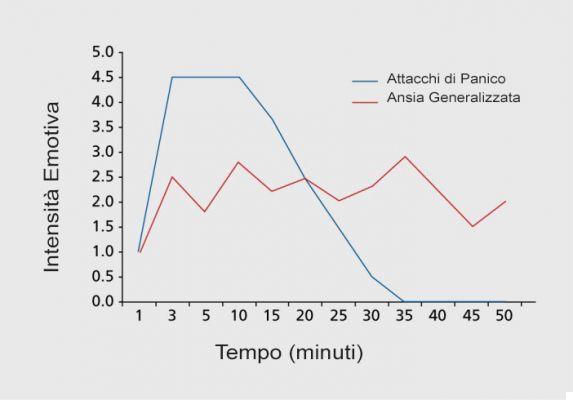
Retrieved from: Dialogues in Clinical Neuroscience
It is worth clarifying that even generalized anxiety, experienced day after day, becomes exhausting. Indeed, anxious people live in a constant state of alert, as if at any moment something terrible was about to happen to them. Catastrophic thoughts and fears present themselves in the most diverse ways and in the most unexpected moments to leave them almost completely paralyzed.
For an anxious person, any situation is potentially dangerous. This generates tremendous physical and emotional exhaustion. Anxiety affects his concentration and does not allow him to get enough rest. The person feels overwhelmed with every step and doesn't know what to do to control that feeling of anguish and apprehension. Therefore, when anxiety lasts all day, it ends up being extremely debilitating.
Is it normal to have anxiety every day?
It is not normal to have anxiety every day. Anxiety can be a specific response in certain situations that generate fear or distress, but when it becomes the norm, it indicates the existence of a psychological disorder. People who suffer from anxiety every day suffer from generalized anxiety disorder. In this type of anxiety, worry is a key element, as well as being the most characteristic cognitive symptom.
Intrusive and catastrophic thoughts differentiate generalized anxiety from panic attacks and are the factor that fuels the feelings of anxiety, distress and apprehension these people report.
Anxiety, therefore, is the result of the incessant worries, ideas and images that feed the fears. The problem is usually that, looking back, it's not easy to find the straw that broke the camel's back. It is not always easy to identify the trigger because anxiety tends to grow gradually, feeding on all our worries, insecurities, problems and fears.
In fact, it's not just a result of the stressors we've experienced, but also our coping styles or our ability / inability to deal with uncertainty. The most sensitive people, those with a tendency to perfectionism and the most controlling, run a higher risk of developing generalized anxiety at some point in their life.
Avoidance strategies, for example, also increase the risk of experiencing anxiety every day. If we realize that a thought or situation causes us anxiety, our first impulse will be to avoid it. But due to the rebound effect, these thoughts attract our attention even more. They become intrusive thoughts, so they not only generate intense and unpleasant emotions but also a feeling of lack of control that increases anxiety.
In any case, even people who suffer from generalized anxiety do not experience it absolutely every day. In "good times", when things are going well, anxiety can give him a respite, even if it is brief. But it is important that people do not let their guard down and abandon treatment because if the causes of anxiety are not resolved, when the symptoms return they will be more intense.
In fact, the good news is that anxiety is treatable. You don't have to resign yourself to living with anxiety every day of your life. The bad news is that anxiety doesn't usually go away on its own, so it can last for months or years, so it's best to seek specialized help as soon as possible.





